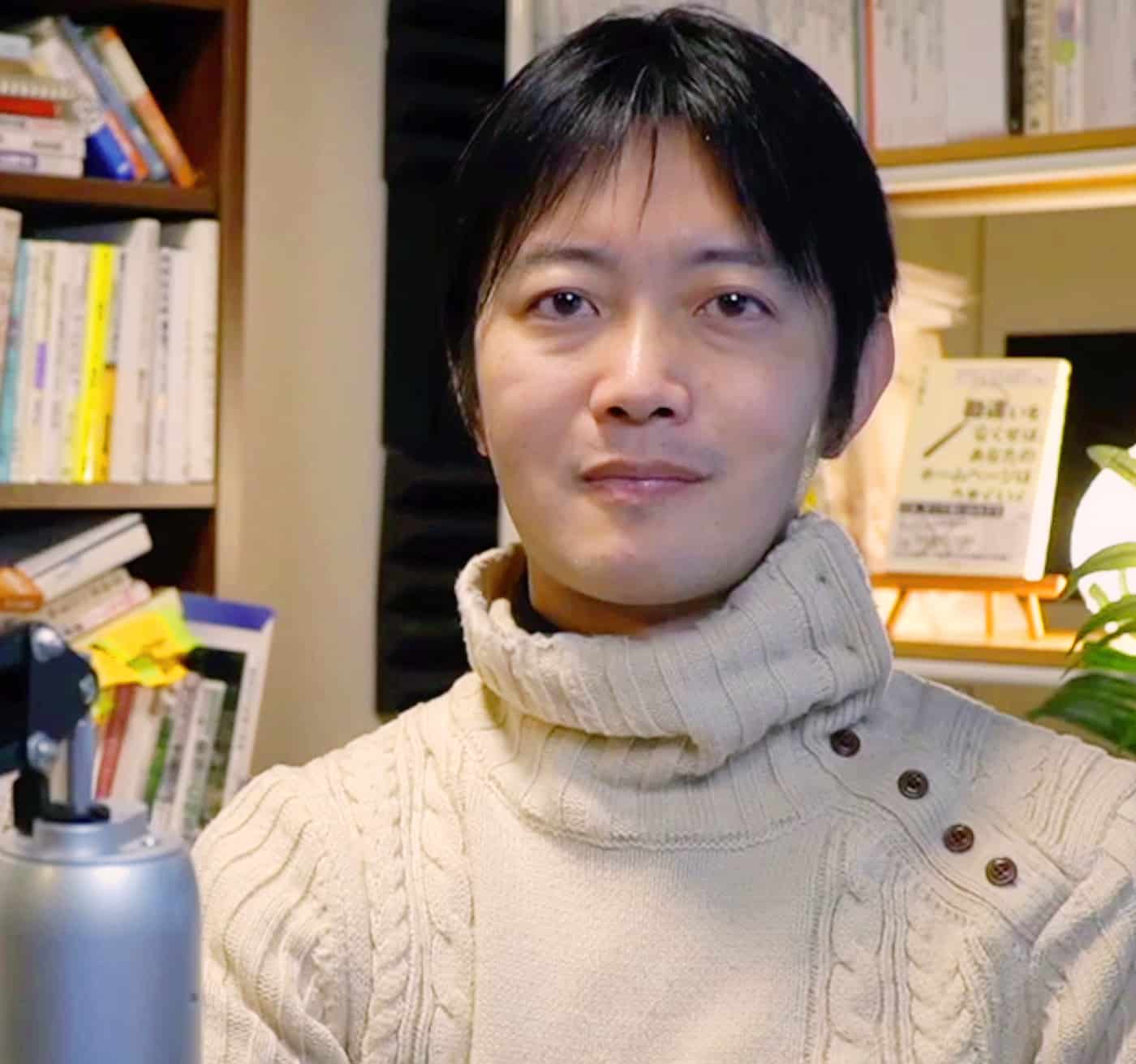Related FAQs
- Q.My company’s website design and text have been imitated exactly. What should I do?
- Injunctive relief may be available under the Copyright Act and Unfair Competition Prevention Act. We recommend that you consult an attorney first.
It may be possible to file a “request for injunction” based on the Copyright Act. However, it is difficult to determine the degree of similarity, so we recommend that you consult an attorney first. If the other party is doing business by impersonating you, you may be subject to the Unfair Competition Prevention Law. Since it is dangerous to make a judgment on your own, seek an expert’s opinion. - Q.It seems that our entire website has been copied by an overseas vendor. It would be very difficult to sue legally, so is there a simpler way to deal with this?
- You may be able to hide copied sites from search results using Google’s DMCA (Digital Millennium Copyright Act) mechanism.
You can use the DMCA (Digital Millennium Copyright Act) complaint form provided by Google. copyright to Google. If an infringement is found, it is possible to stop the copied content from appearing in the search results. This is the recommended method if you don’t want to sue legally but can’t leave it alone. - Q.Our competitors tend to imitate our site structure and catch copy. Should I respond to every one of them?
- Protect what is important by registering your trademark. Otherwise, be positive that the more imitations you can get, the better, and compete on the quality of your services.
In many cases, the structure of a website is based on an existing one, so it is inevitable that it will be imitated to some extent. If you really want to protect your characters or product names, you should protect your rights by registering them as trademarks. Otherwise, it is important to have a positive attitude so that customers will choose your service or product based on its essence, not just on its appearance. However, please note that it is not always possible to register a trademark.
For more information
If the composition or images of a website, or a logo or catchphrase are clearly copied, a “request for injunction against use” can be filed under the Copyright Act.
However, a detailed judgment must be made as to how similar it is and whether it should be accepted as a copy.
In some cases, it may be difficult if the layout is somewhat similar or the text is similar. We recommend that you consult with a lawyer.
If the other party is “trying to do business by pretending to be you,” you will be subject to the Unfair Competition Prevention Law in the form of an “act of causing confusion with a well-known indication” or an “act of misappropriation of a well-known indication,” and will be required to file a request for an injunction. It is like doing business by pretending to be someone you are not.
Either way, it is a difficult decision to make, and it is dangerous to make it on your own. It can also put you in a bad position if it is a misunderstanding.
Conversely, it is also advisable to check again whether the production company you are working for is not copying other companies’ text when creating content, and whether they are using it only by subtly rewriting it.
You can tell to some extent by searching Google and other search engines for the characteristic sentences as they are. If obviously similar sentences are found, check in several places. After that, we recommend that you check with the production company.
The DMCA is a mechanism that can be used to seek action on search engines.
The situation of content being copied in its entirety is actually occurring in a small number of cases on the Internet. In such cases, spammers, who have trouble creating content, copy content from various sources for affiliate purposes.
Or, as mentioned above, there is a pattern of copying the entire website, placing advertisements on it, temporarily earning advertising fees, and then deleting the website and droning on once they are discovered (this is often the case with mail-order websites).
In this case, there is a mechanism that may be able to keep copied content out of search results on search engines faster than legal action can be taken.
That is what the DMCA (Digital Millennium Copyright Act) addresses.
Since this is a mechanism provided by Google, it only makes sense for Google and Yahoo (since they use Google’s search engine internally), but it can damage copied content.
If you send information through Google’s DMCA inquiry form and Google confirms that it is indeed out of copyright, it will not appear in the search results.
If you are not at the level of appealing to the law every time, but cannot leave it there, we recommend the DMCA.
Nevertheless, composition and catches are not infrequently imitated.
Nevertheless, especially in a small business area, it is natural for competitors to imitate the catch copy and overall structure that seems to be working well.
The way a website is presented and structured is based on what has already existed in the past, and you are not the first to do so.
For other things, it is better to have a positive attitude toward the next step, with a feeling of “it must have become good enough to be imitated” if it is imitated. (Of course, obvious copyright infringement should not be overlooked for the sake of the industry.)
Once the essence of your services and products and your attitude are conveyed beyond such appearances, I am sure that customers will not leave you.


